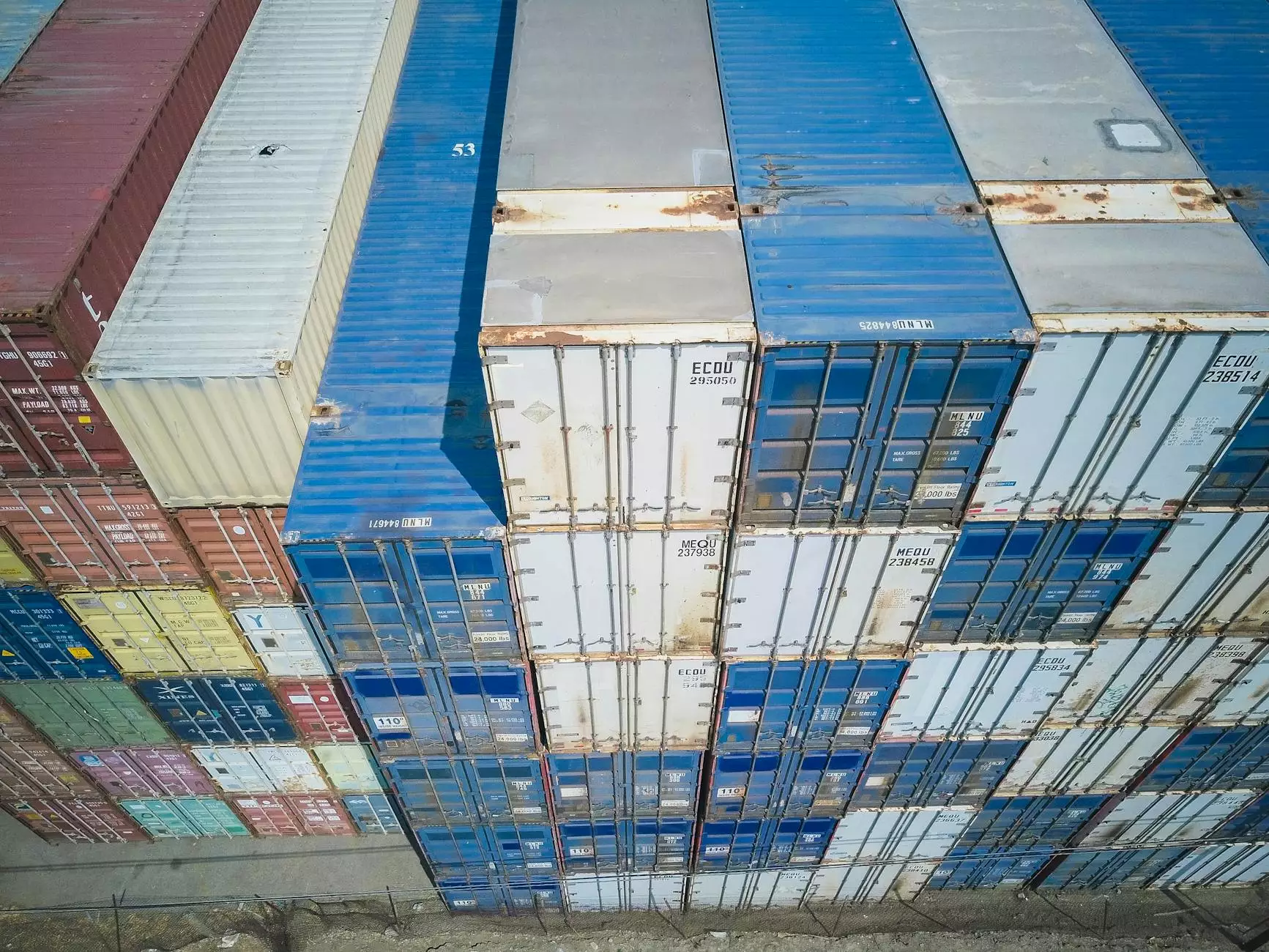Unlocking the World of International Freight Quotes

International freight quotes play a crucial role in the global trade ecosystem. They serve as the immediate gateway for businesses looking to ship goods across borders, facilitating commerce and enabling enterprises to reach global markets. In this comprehensive guide, we will explore the importance of international freight quotes, how to obtain them, and provide invaluable tips to help you navigate the complexities of shipping logistics, all while maximizing your operational efficiency.
The Importance of International Freight Quotes
The landscape of international trade is evolving rapidly. With the advent of e-commerce and the increasing interconnectedness of markets, understanding international freight quotes has become more critical than ever. Here are a few key reasons why these quotes are essential:
- Cost Transparency: Freight quotes provide businesses with a clear understanding of shipping costs, enabling them to budget more effectively.
- Comparison Shopping: By obtaining multiple quotes, businesses can compare shipping options and select the best service based on price, reliability, and speed.
- Shipping Planning: Precise quotes allow companies to plan their logistics more accurately, reducing delays and improving customer satisfaction.
- Risk Management: Understanding the costs involved helps businesses mitigate risks associated with international shipping, such as customs fees, insurance, and unforeseen charges.
- Improved Negotiation: Companies that are well-informed about freight rates are in a better position to negotiate favorable terms with shipping providers.
How to Obtain International Freight Quotes
Obtaining international freight quotes is a straightforward process, but knowing the right steps to take can save you time and money. Here’s how you can effectively gather quotes:
Step 1: Define Your Shipping Needs
Before requesting quotes, clarify your shipping requirements. Consider the following factors:
- Type of Goods: Are you shipping perishable items, hazardous materials, or general cargo?
- Destination: Where are you shipping to, and what are the specific regulations for that country?
- Shipping Method: Do you prefer air freight for speed or sea freight for cost-effectiveness?
- Volume and Weight: What is the total weight and volume of the goods you plan to send?
Step 2: Research Freight Forwarders and Carriers
Next, identify reputable freight forwarders and carriers that specialize in international shipping. Look for companies with good reviews and a strong reputation in the industry. Websites, forums, and industry associations can provide valuable insights into the best options available.
Step 3: Request Multiple Quotes
Once you have a list of potential freight service providers, reach out to them and request quotes. Be sure to provide detailed information to get the most accurate estimates. A well-structured request will typically include:
- Shipment origin and destination
- Description and weight of the cargo
- Preferred shipping date
- Any special handling requirements
Step 4: Compare Quotes
After receiving quotes, take the time to compare them thoroughly. Look beyond the prices; consider services offered, delivery times, and customer service reviews. This step is crucial to ensure that you select the best provider to meet your needs.
Factors Affecting International Freight Quotes
Several variables can influence the cost of international freight quotes. Understanding these factors can help you make informed decisions and optimize your shipping strategy:
Shipping Distance
The farther the distance between the origin and destination, the higher the shipping costs. Long-haul freight will typically incur higher rates due to fuel and operational costs associated with extended travel.
Weight and Volume
Most freight rates are calculated based on the weight and volume of your shipment. Heavier and bulkier items generally cost more to ship, regardless of the mode of transportation.
Mode of Transportation
Air freight is usually more expensive than sea freight due to faster transit times. If time is sensitive, air freight may be necessary, but for cost-efficiency, sea freight can be the better option for larger shipments.
Customs and Regulatory Compliance
International shipments are subject to various customs regulations and fees, which can add to the overall cost. Understanding and preparing for these fees ahead of time can prevent unpleasant surprises.
Insurance and Additional Services
Depending on the value and nature of your shipment, you may wish to purchase insurance. Some freight providers also offer additional services, such as packing or customs brokerage, which can affect the total quote.
Tips for Optimizing Your International Freight Quotes
Here are some essential tips to help you navigate the process of obtaining and optimizing your international freight quotes:
1. Use Technology to Your Advantage
Utilizing logistics and shipping software can simplify the process of getting quotes. Many platforms allow you to compare rates instantly from multiple carriers, saving you time and hassle.
2. Build Relationships with Freight Forwarders
Establishing strong relationships with freight forwarders can lead to better rates and personalized service over time. Good relationships often result in negotiations that can save you significant costs.
3. Stay Informed About Market Trends
The freight market can fluctuate due to various global factors, including fuel prices and supply and demand. Staying informed about market trends can help you time your shipments for the best rates.
4. Provide Accurate Information
Ensure the accuracy of the information you provide when requesting quotes. Inaccurate weight or dimension measurements can lead to unexpected costs or delays.
5. Evaluate Total Landed Costs
When comparing quotes, consider the total landed cost — this includes shipping fees, customs duties, taxes, and insurance. This evaluation ensures a comprehensive comparison of overall expenses.
Final Thoughts on International Freight Quotes
International freight quotes are indispensable for any business engaged in global trade. Understanding their importance, how to obtain them, and the factors influencing costs will empower you to make better-informed shipping decisions. As the world of trade continues to grow and evolve, being equipped with the right knowledge regarding freight logistics will position your business for success in a competitive landscape.
By utilizing the insights shared in this article, you can streamline your shipping processes, reduce costs, and ultimately enhance customer satisfaction. Stay ahead of the curve in your shipping operations, and ensure you are receiving the best possible service and pricing from your freight providers.
For more information, visit our website Cargobooking.aero.



